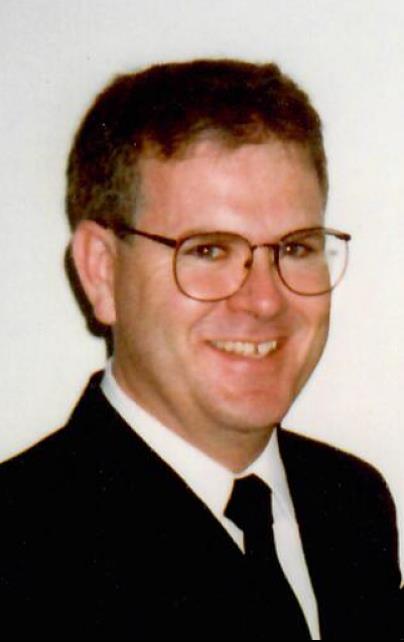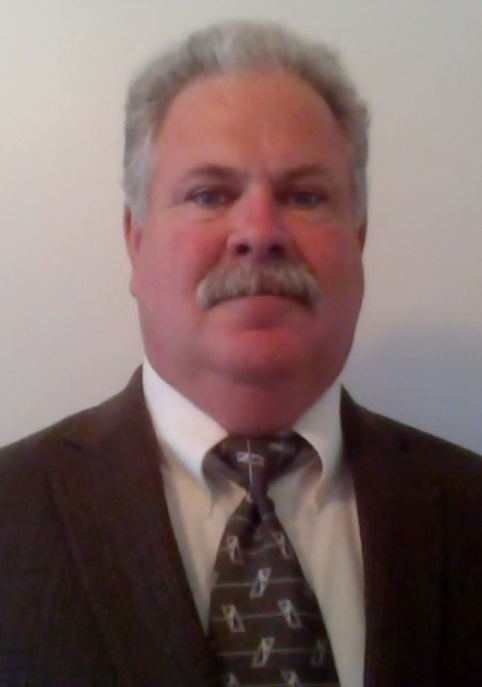Joseph McVicker: 20-year Full Practice Authority CRNA
He administers anesthesia to the full extent of his education and training, unlike some North Carolina nurse anesthetists who work in civilian hospitals or Department of Veteran’s Affairs (VA) facilities. He explained that at the Naval Hospital there is a mutual agreement and respect between CRNAs and physician anesthesiologists about each other’s abilities. Both providers work independently and when necessary, they work side-by-side as a team. He feels fortunate to work with physicians who are supportive of CRNAs and understand their value. “I hold a medical staff appointment and privileges at the Naval Hospital, as do all other nurse practitioners. I don’t understand why there is an inconsistency with full practice authority for CRNAs between the VA and Naval facilities,” he said. “I believe there needs to be a continuity of care between active duty service members and veterans. CRNAs are credentialed to take care of the same population of people while they’re on active duty, but when they transfer to the VA system, we’re not qualified to render the same degree of autonomous care.” At the Naval Hospital, Joseph introduces himself to patients and their loved ones as a certified registered nurse anesthetist and as the anesthesia provider who will be taking care of them. He is responsible for putting them to sleep and making sure they wake up safely. When his wife recently underwent surgery at a civilian hospital, he was reminded not every CRNA gets to do or say that. “I hope all of my professional colleagues put our full title out there so people are aware of our qualifications and know we are the ones at the head of the bed during procedures,” said Joseph. “I think the fact he was a CRNA was very important because he was the one responsible for monitoring and managing my wife’s anesthesia during her surgery.” “I am fortunate that I have been able to practice anesthesia to the full scope of my formal training for so many years and as a retired Navy officer that I get to work with a population of people I have so much in common with,” Joseph said.
In the military, Joseph served temporary duty assignments aboard the aircraft carrier, USS Harry S. Truman, in the Atlantic and Caribbean Oceans. While at sea, he was the sole anesthesia provider for the ship’s company and air wing comprising of over 5000+ military and civilian personnel. He retired from the Navy in 2002. He holds a consultant associate faculty appointment from Duke University’s College of Nursing, where he teaches workshops and clinically precepts masters and doctoral students from Duke’s School of Nurse Anesthesia. He recently presented a didactic and regional anesthesia lecture at the North Carolina Association of Nurse Anesthetists’ (NCANA) district meeting in New Bern, NC and will present at the NCANA state meeting in November.
Joseph will complete his Doctor of Nursing Practice at East Carolina University this fall and looks forward to transitioning to a career in academics as a nurse anesthesia professor. In May, the VA published a proposed rule extending full practice authority to CRNAs, which would allow them to provide anesthesia services without the oversight of a physician when working within their scope of practice. The proposed rule would increase the number of qualified health care professionals who are authorized to provide safe and cost effective anesthesia care to veterans in a timely manner. Please visit www.veteransaccesstocare.com to advocate and inform U.S. legislators of the competency, training and expert care CRNAs possess to independently perform anesthesia in VA facilities across North Carolina. |



